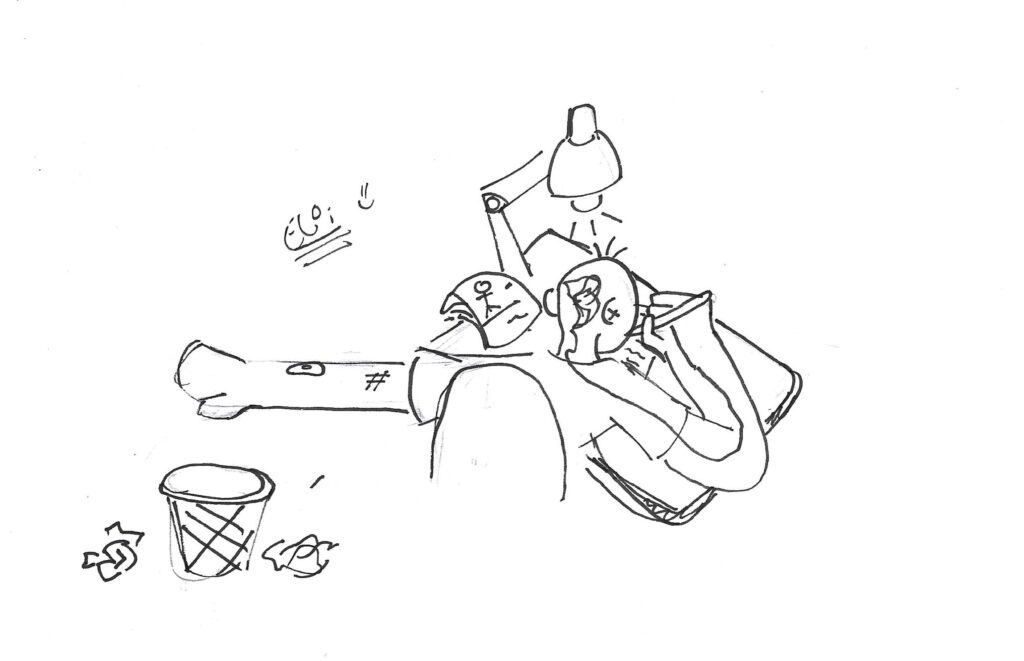People often think of the human brain as a kind of “storage” for information, where memories and knowledge acquired throughout life are kept and retrieved. However, there is increasing scientific evidence suggesting that the human brain is designed to be creative and adaptive, rather than just a simple record of information.
I recommend reading this article while listening to the song Worry Doll by Noa. In it, Noa explains that she makes lists of things she doesn’t want in her head. She gives those lists to her Worry Doll so she can dream without fear.
One of the main sources of information on this topic is the book How the Mind Works by Steven Pinker. In this book, Pinker argues that the human brain has evolved to be a creative and adaptable tool, capable of generating clever solutions to complex problems. According to Pinker, this is largely due to the brain’s ability to create and manipulate abstract mental representations, which allow for conceptualization and the creation of new ideas.
Another book that explores the topic of creativity in the brain is Your Creative Brain by Shelley Carson. In this book, Carson argues that creativity is not a skill reserved for a few privileged “geniuses,” but rather an innate capacity of all human beings. According to Carson, creativity arises from the interaction between different areas of the brain, which work together to produce innovative ideas.
In fact, when we focus on memorizing what we have to do, our brain concentrates on keeping that information present in our short-term memory. This can limit our ability to think creatively and seek alternative solutions to the problems we face. By trying to remember tasks, our brain can become distracted and lose focus on other important aspects of our daily life, such as problem-solving, creativity, and the generation of new ideas.
On the other hand, when we offload our memory onto a list, we free up space in our mind to focus on other things. This allows us to have a clearer and more creative approach and enables us to dedicate more time and mental energy to finding innovative solutions to the challenges we face. By having a to-do list, we can better organize our priorities and allocate our time and attention more efficiently.
Additionally, by offloading our memory onto a list, we reduce the stress and anxiety that trying to remember every task can cause. By freeing our mind from this burden, we can gain a clearer and calmer perspective to make important decisions and solve problems effectively.
In summary, the evidence suggests that the human brain is designed to be creative and adaptive, rather than simply to store and retrieve information. The brain’s ability to create and manipulate abstract mental representations is fundamental to creativity, and the interaction between different areas of the brain is essential for generating innovative ideas. On the other hand, if our focus is on memorizing what we need to do, we might lose sight of being creative and seeking innovative solutions. Therefore, it’s better to “offload” our memory onto a list in order to free up space in our minds and focus on more important and creative tasks.
So, do you feel like making a list of things you don’t want to have to remember?

